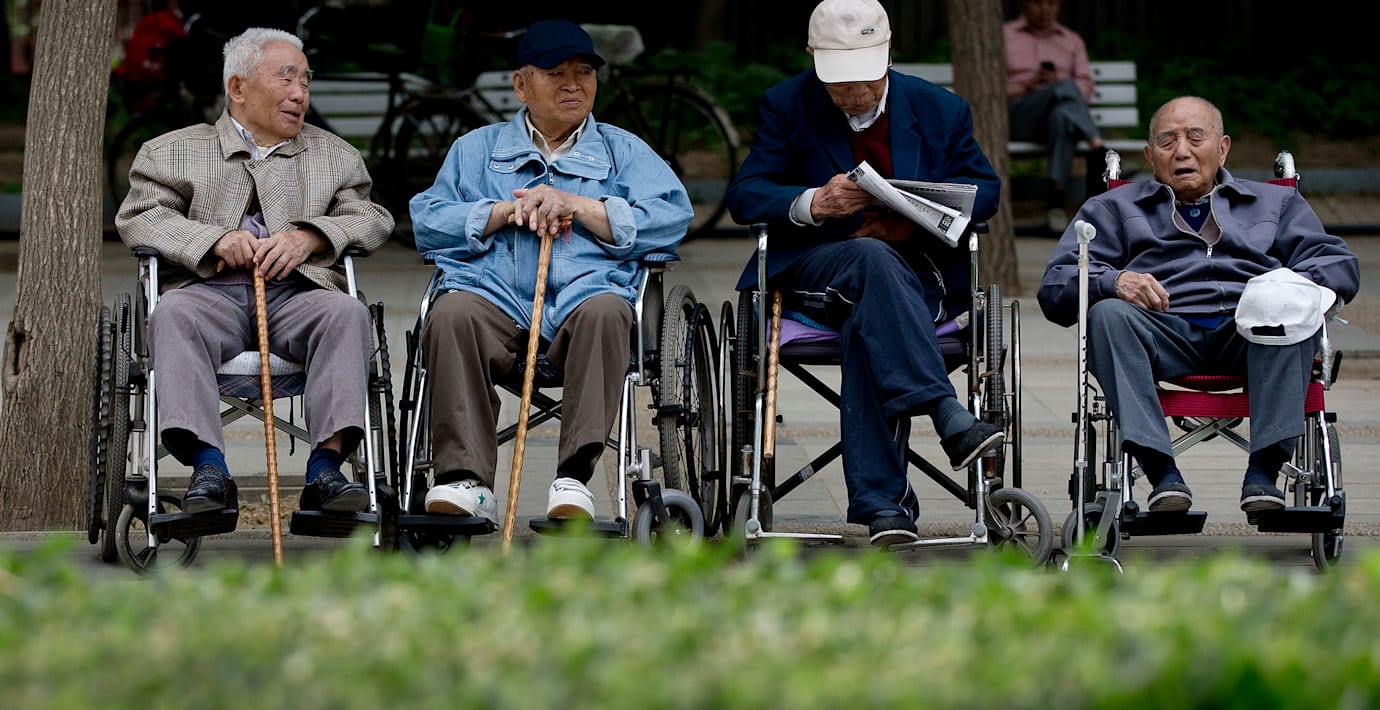
Kina har 30 miljoner fler män än kvinnor
Kina planerar att slopa landets regler om barnbegränsningar, rapporterar Bloomberg och hänvisar till källor med insyn. Policyändringen skulle innebära ett slutgiltigt slut för ett av mänsklighetens största sociala experiment, skriver sajten.
Världens mest befolkade land och en kraftigt åldrande befolkning och 30 miljoner fler män än kvinnor. Generationer av kinesiska föräldrar har tvingats betala böter, genomgå aborter eller uppfostra barn i lönndom.
Landet införde enbarnspolicyn 1979 för att sedan luckra upp det till en tvåbarnspolicy under slutet av 2015. Barnafödandet har trots det fortsatt att minska och lett till en oro för en allt mer åldrande befolkning.
bakgrund
Kinas enbarnspolicy
Wikipedia (en)
The one-child policy, a part of the family planning policy, was a population planning policy of China. It was introduced in 1979 and began to be formally phased out near the end of 2015 and the beginning of 2016. The policy was only enforced on Han Chinese and allowed exceptions for many groups, including ethnic minorities. In 2007, 36% of China's population was subject to a strict one-child restriction, with an additional 53% being allowed to have a second child if the first child was a girl. Provincial governments imposed fines for violations, and the local and national governments created commissions to raise awareness and carry out registration and inspection work.
According to the Chinese government, 400 million births were prevented. disputed this claim with Martin King Whyte and Wang et al finding that the policy had little effect on population growth or the size of the total population. China has been compared to countries with similar socioeconomic development like Thailand and Iran, along with the Indian states of Kerala and Tamil Nadu, which achieved similar declines of fertility without a one-child policy. Although 76% of Chinese people supported the policy in a 2008 survey, it was controversial outside of China.
On October 29, 2015, it was reported that the existing law would be changed to a two-child policy, citing a statement from the Communist Party of China. The new law became effective on January 1, 2016, following its passage in the standing committee of the National People's Congress on December 27, 2015.
Omni är politiskt obundna och oberoende. Vi strävar efter att ge fler perspektiv på nyheterna. Har du frågor eller synpunkter kring vår rapportering? Kontakta redaktionen



